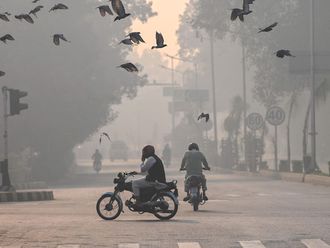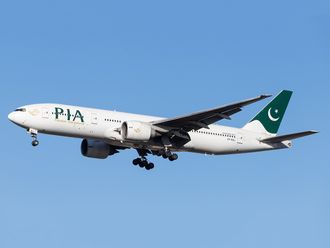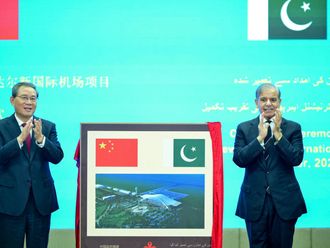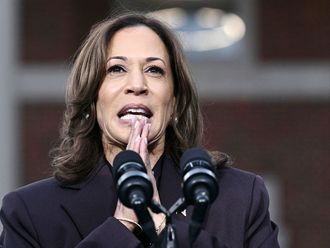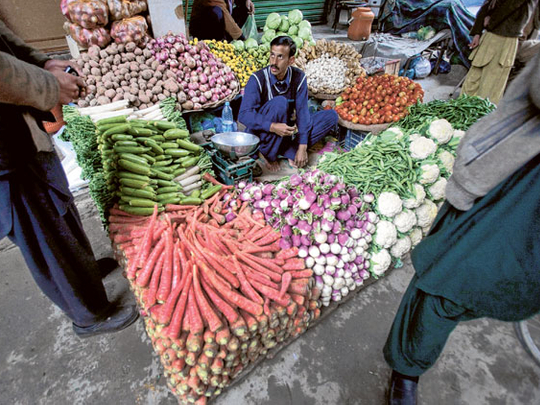
Islamabad: Pakistan's crippling inflation rate has left trader Mohammad Farouk with a painful task at the end of each day — throwing out a large quantity of his fruits and vegetables because they're too expensive to sell.
Soaring prices also mean he often has to purchase stocks on credit from wholesalers.
"We can't make money any more because prices have been high for so long," said Farouk, sitting beside other idle merchants, warming their hands over a fire burning in a large can.
"We are losing big profits. I wish the government would help. They are just stuffing their pockets with the country's money."
Pakistan is saddled with a long list of troubles. A Taliban insurgency, rampant poverty, corruption and power cuts are just a few.
Inflation is fast becoming one of the most potentially explosive problems for the unpopular government.
Pakistan's central bank increased its key policy rate to 14 per cent in November, its third consecutive hike in six months because of persistent inflation due primarily to government borrowing from the State Bank of Pakistan.
Other factors fuelling prices include the damage caused by the summer floods, estimated at around $10 billion (Dh36.7 billion), to crops and related industries.
Low wages
At the same time, wages have not kept pace with price rises, making it harder for ordinary Pakistanis to survive.
According to some statistics, more than 60 per cent of the population lives on less than $2 a day. It's not just ordinary Pakistanis who are frustrated. Pakistan's economic lifeline — the International Monetary Fund (IMF) — is losing patience with what it sees as an intransigent political leadership.
Inflation stood at single digits for many years. But Pakistanis have been hit with an average inflation rate of 15 per cent over the past three fiscal years.
Economists say reckless government policies are likely to keep it high.
Cash-strapped Pakistan finances its deficit through heavy borrowing from the central bank, which is then forced to print money.
Uncontrollable forces, like a spike in global commodities prices, add to inflationary pressures. Pakistan's consumer price index rose 15.46 per cent in December from a year earlier.


